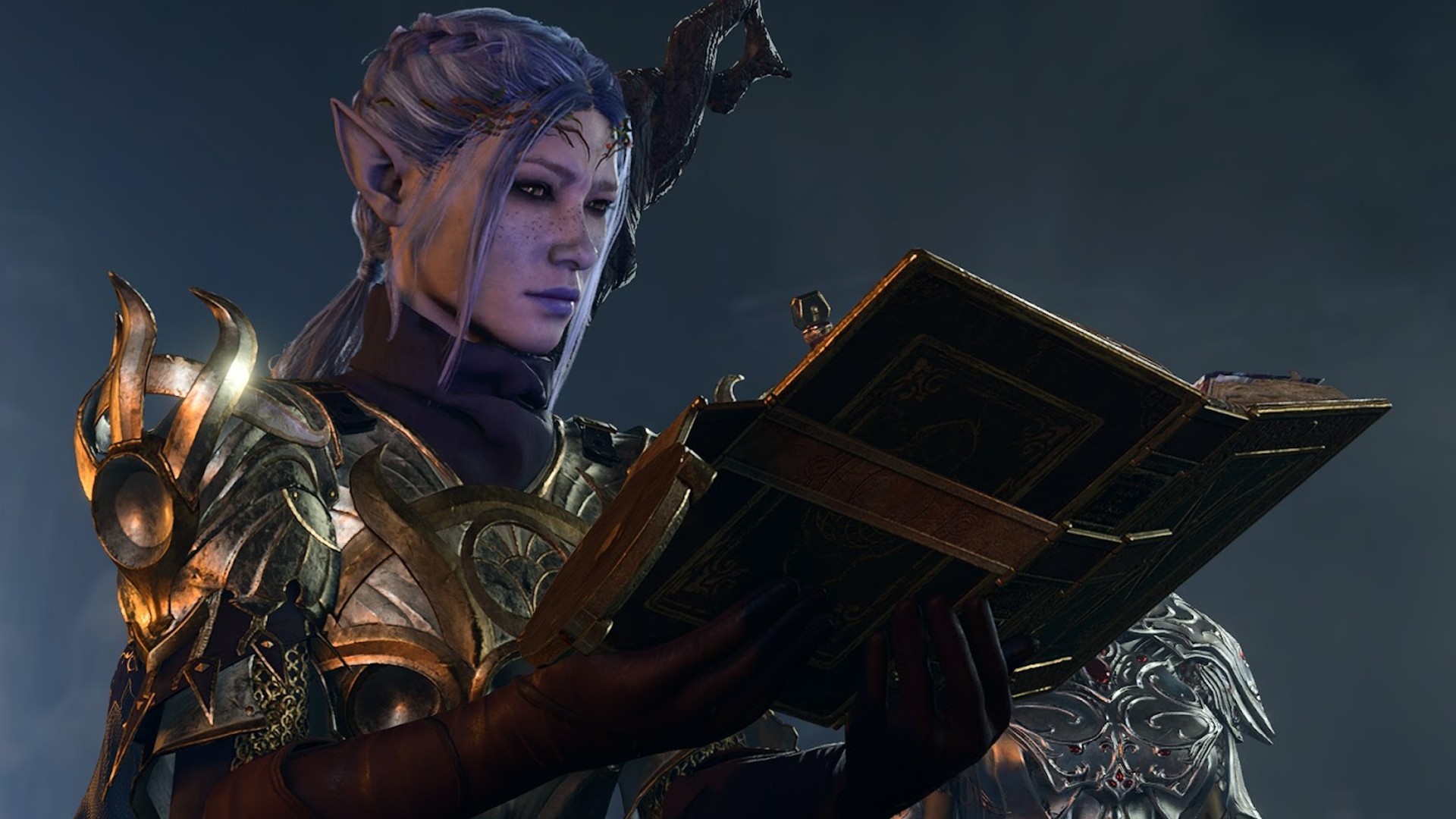
Earlier this year, I was midway through my first playthrough of Baldur's Gate 3 when I suddenly started feeling a little funny. I had been bounding through the game as my druid character – picking whichever choices felt natural to me – and making fast progress through the acts. Then I arrived at the city of Baldur's Gate, and began to sense that I was approaching the endgame. The main bosses were within my grasp, the companion stories were wrapping up, and my build had hit the highest possible level. Things were going swiftly… too swiftly. Surely now would be a good time to slow down? To take stock of things and enjoy the ride?
Oh no. It was happening again.
Soon, I found myself creating an entirely new character. "It's just for a change of scenery… I'll get back to my main save soon," I told myself. That was a lie. I ended up ditching my first playthrough and replaying the entirety of Baldur's Gate 3 with a second character. All of this, just to avoid confronting the end scenes the first time around.
Missing in distraction
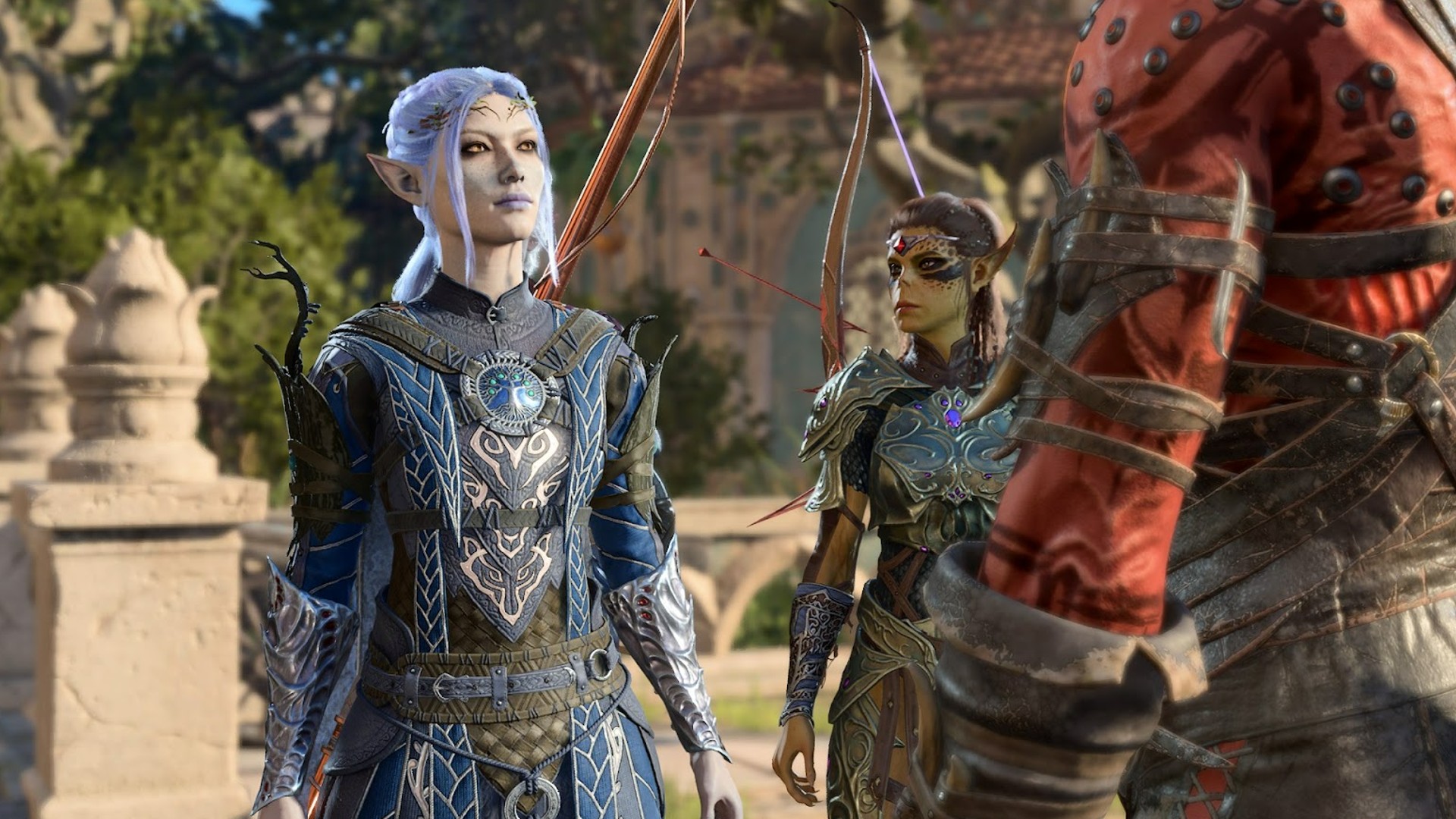
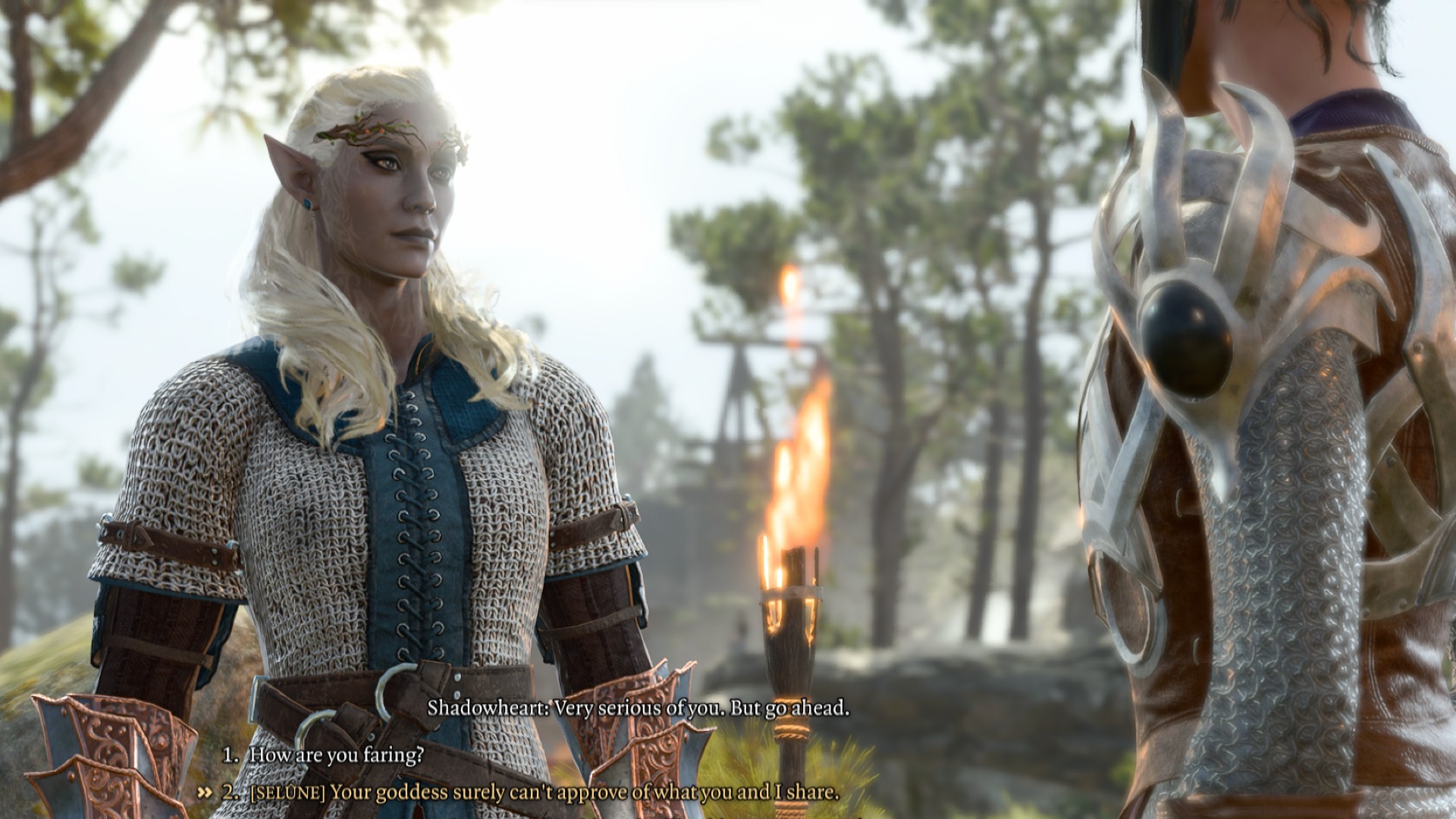
Baldur's Gate 3 review: "A new gold standard for RPGs"
This ridiculous state of affairs revealed a startling truth: I have a main story avoidance problem. Looking back at some of my favorite games, there are actually several examples of where I totally avoided the final quest. Past casualties include Cyberpunk 2077, Sekiro and Skyrim. In all of these, I simply kept side-questing until I eventually stopped playing entirely. The prospect of returning to these save files is now daunting, as the story details have faded from my mind, and I would need to completely relearn the mechanics.
Somewhat reassuringly, when I tweeted about my "closure procrastination" problem, others admitted they were guilty of doing exactly the same thing. It's comforting to learn that this is a shared experience, but why on earth do so many of us fail to reach the credits in games we really enjoy? And is this a habit worth kicking? For me at least, the story avoidance phenomenon tends to happen in games with lots of optional side content. In open worlds like Skyrim, the sheer number of side quests can distract you from the main story entirely. In sandbox survival games like Valheim, you can keep building and crafting indefinitely – without ever taking on the final boss.
The enormous size of current-day AAA games is also a factor. I may intend to complete all the side content and then wrap up the main story, but this can require dozens (sometimes hundreds) of hours, meaning something else in my life will inevitably steal my attention before I can finish the job. More than this, however, I think the problem stems from having to make an active choice to end the game. When a story is linear and I have no choice but to follow it, I normally see things through to the end. But when I have the freedom to complete things in whatever order I choose – and have to knowingly pull the trigger on the final quest myself – that is when I tend to pause.
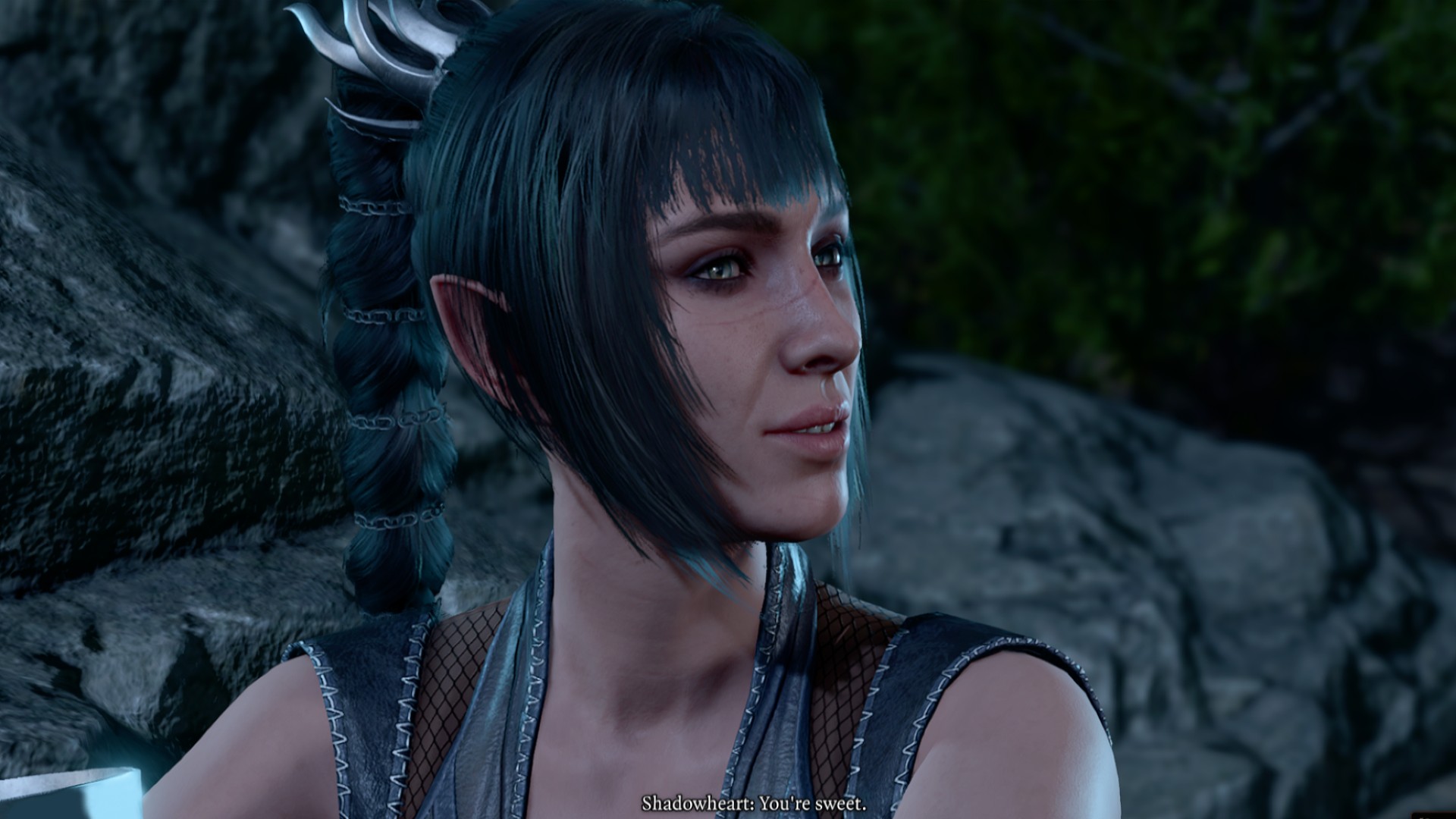
"But by consistently leaving the door open for my (unlikely) return, I rationally know that I end up missing out on some brilliant finales."
This hesitation can partly be attributed to a sense of FOMO: with plenty of side quests remaining, how can I be sure I'm ready to end the game? What if I miss out on something cool? "But you can finish the main story and load a save file to do side quests later," I hear you say. Sure, but something about this has always felt off to me. Seeing my character reach a narrative conclusion, then time-warp back to their pre-ending version, often just feels weird and immersion-breaking.
In some cases I've found that main story endings can reveal information you would rather not know on a first playthrough. Spoiler warning for the end of Assassin's Creed Valhalla here, but I found myself unable to do any post-game activities after I discovered that someone is effectively creeping on protagonist Eivor the entire time. That definitely killed the magic for me. So perhaps I subconsciously fear learning something in the ending that would change how I feel about the rest of the game, particularly if it's a world I've invested a lot of time in.
My reluctance to finish main stories is often due to another fear: that something bad will happen to the protagonist. Some games clearly signpost that an ending will be tragic, and for this reason I avoid sending characters to their doom. Cyberpunk 2077 is a great example of this, with V's condition slowly declining as the game goes on. I know I shouldn't flinch from sad endings as these can pack an emotional punch, yet I am also only human – and humans tend to avoid bad things.
Often, I'm simply enjoying the game world so much that I'm unwilling to let the fun times end. After spending dozens of hours bonding with characters, it can be difficult to say goodbye to them and their world. It's perhaps easier to allow these characters to exist in a perpetual state of limbo – that can be visited at any time – than to definitively end their stories and deal with the grief of leaving them. Why meet Hanako at Embers when I can keep V alive forever, able to explore Night City as much as she wants, running around and having a good time?
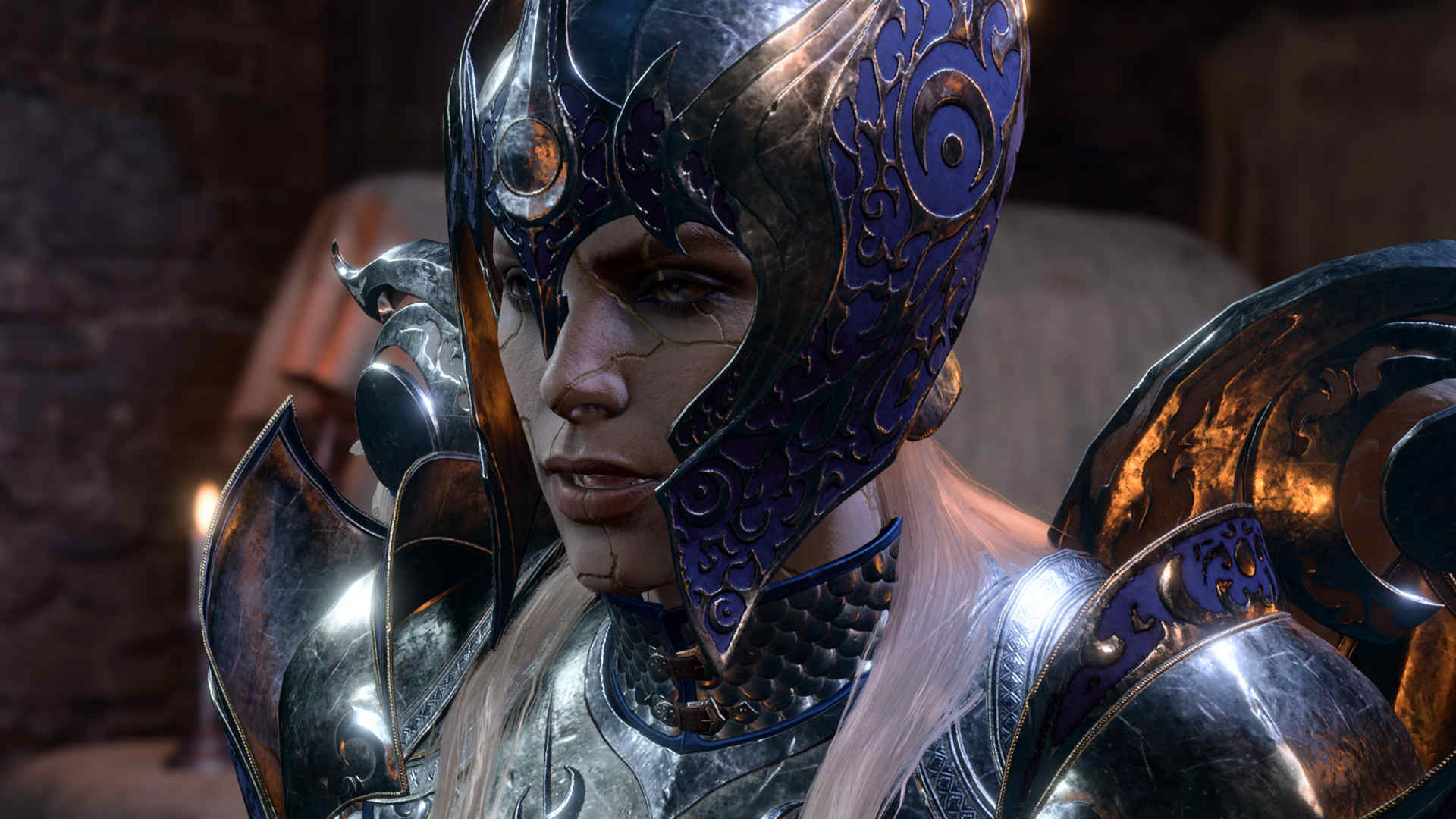
But by consistently leaving the door open for my (unlikely) return, I rationally know that I end up missing out on some brilliant finales. Story conclusions are typically where you find salient points about a game's themes and messages, and by skipping the ending, I risk missing the very thing the entire game has been building towards. These resolutions are also crucial for defining your character's journey through the game, for how can you have a character arc without an end point?
Returning to Baldur's Gate 3 in my second playthrough demonstrated this perfectly, as the final quests elevated my character's story to the grand heights of a Greek tragedy. In her bid to escape her Dark Urge past and save the world, she made a terrible deal, escaping one master only to tie herself to another. This made the final scenes feel beautifully bittersweet. It rounded off her tragic character perfectly, making me feel attached to her in a way that I wouldn't have if her story had been left unresolved.
Of course, there's no right or wrong way to play games, and with so many titles now vying for our attention it's inevitable that we're not going to complete everything we play. So perhaps we shouldn't feel too guilty about our unfinished game backlogs. That said, my New Year's resolution for 2024 is to finish off more of the games I love. I want to stop missing out on poignant endings and actually get a sense of closure. Achieving this is going to take some serious personal discipline, and perhaps a little help from my friends (holding me accountable as they did when dragging me through Elden Ring's final stages). But now that I've come to terms with this issue, I think it's time to revisit that first Baldur's Gate 3 playthrough and give my druid the sending-off she deserves.
At long last, this heroine is going to complete her journey… right after I've finished making my third character.
If you've finished Baldur's Gate 3 (unlike me), then here are some more of the best RPG games to also finish







